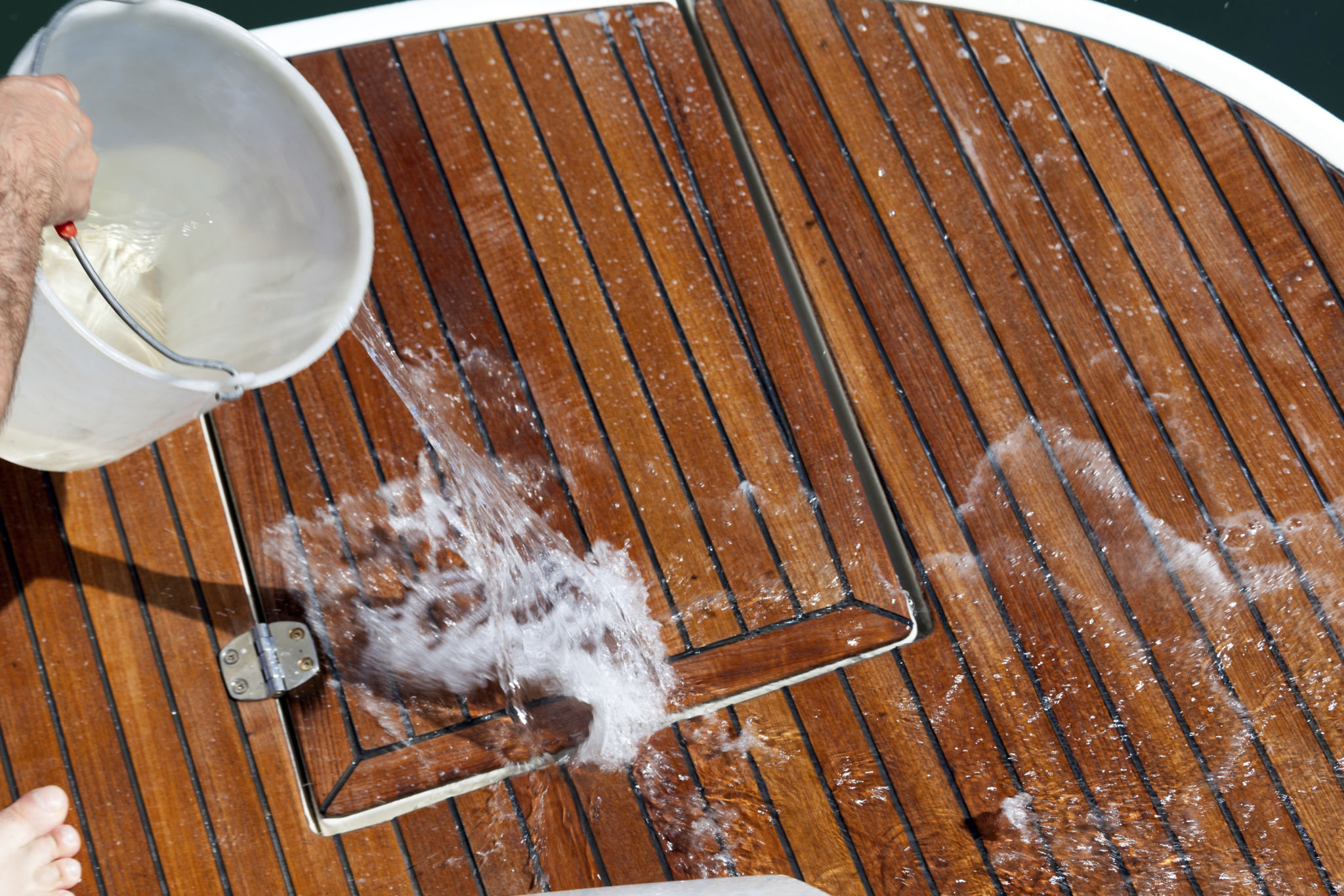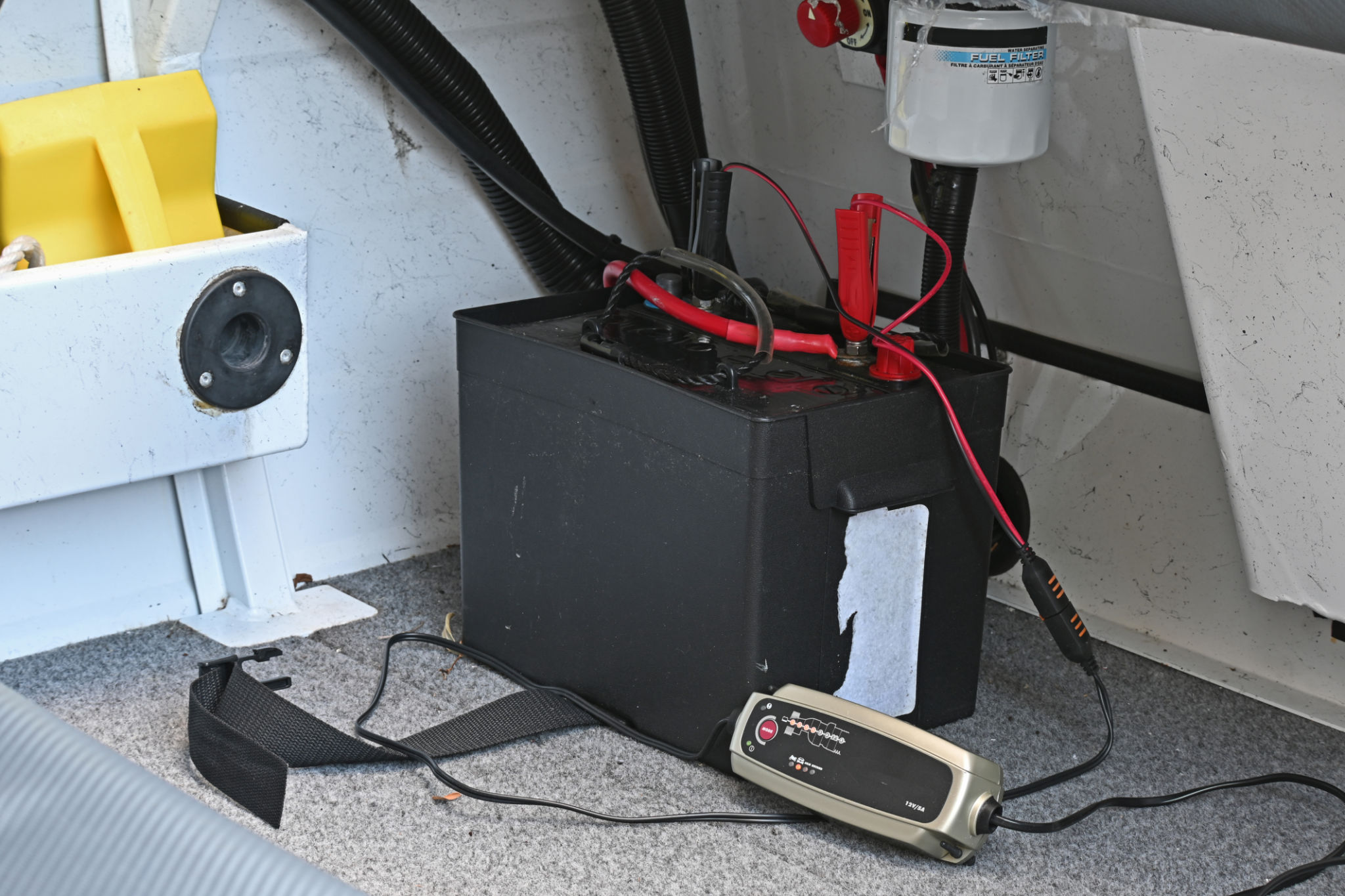Expert Advice: How to Keep Your Boat in Peak Condition Year-Round
Regular Cleaning and Inspection
Maintaining your boat in peak condition year-round begins with a commitment to regular cleaning and inspection. Keeping your boat clean not only enhances its appearance but also prevents the buildup of grime, salt, and other residues that can cause long-term damage. Regularly wash the exterior and deck with fresh water and appropriate marine soap to remove salt and dirt.
Inspect your boat regularly for any signs of wear and tear. Check for cracks, blisters, or any other damage to the hull. Ensuring that these issues are addressed promptly can prevent more significant problems down the line. Pay attention to the propeller and engine for any visible signs of damage or corrosion.

Engine Maintenance
Your boat's engine is its heart, and keeping it in top condition is crucial for smooth sailing. Start by checking the oil levels and changing the oil at recommended intervals. This will help maintain engine efficiency and longevity. Additionally, inspect the fuel system for leaks or damages, and replace fuel filters as needed.
It's also essential to check the cooling system regularly. Ensure there is no debris blocking water inlets, and flush out the system to prevent salt deposits. Maintaining proper engine care will not only enhance performance but also reduce the likelihood of breakdowns at sea.
Battery Care
Boat batteries are often overlooked but are vital for powering your vessel's electrical systems. Regularly inspect your battery connections for any signs of corrosion or loose terminals. Clean the terminals with a mixture of baking soda and water to ensure a good connection.

Keep your battery charged and store it properly during the off-season. Disconnecting the battery and storing it in a cool, dry place can prolong its lifespan. Always check the water levels in lead-acid batteries and top up with distilled water if necessary.
Protective Measures
Investing in protective measures can significantly extend the life of your boat. Applying a quality marine wax to the hull can protect against UV rays and reduce oxidation. For boats stored in water, consider using antifouling paint to prevent barnacles and algae from attaching to the hull.
Using a boat cover when not in use is another effective way to shield your vessel from environmental elements like sun, rain, and dust. Choose a cover made from durable, breathable material that fits your boat snugly.

Winterization Tips
If you live in an area with cold winters, winterizing your boat is essential to prevent damage from freezing temperatures. Drain all water from the engine, plumbing systems, and bilge to prevent freezing. Add antifreeze to plumbing systems where necessary.
Remove any perishables and electronics from the boat to prevent damage from moisture or freezing. It's also wise to cover your boat securely or store it in a dry, sheltered location during the off-season.
Safety Equipment Check
Keeping safety equipment in top condition is as important as maintaining the boat itself. Regularly check that all safety gear, including life jackets, fire extinguishers, flares, and first-aid kits, are in good working order and within their expiry dates.
Test electronic safety devices like radios and GPS units to ensure they function correctly. Keeping safety equipment up-to-date not only complies with regulations but also ensures peace of mind while on the water.
Professional Servicing
While regular DIY maintenance is crucial, scheduling professional servicing can provide an expert eye on your boat's condition. Consider having a professional mechanic perform a comprehensive inspection at least once a year.

Professional servicing can uncover hidden issues that might not be apparent during routine checks. Expert advice can also guide you on any upgrades or replacements needed to keep your boat performing at its best.
Documentation and Records
Maintaining detailed records of all maintenance activities, inspections, and repairs is an often overlooked but vital part of boat care. Documenting these activities helps ensure that no maintenance tasks are missed and can be invaluable if you decide to sell your boat in the future.
Keeping records organized can also help you plan for future maintenance needs and budget accordingly. This proactive approach contributes to keeping your vessel in peak condition year-round.
